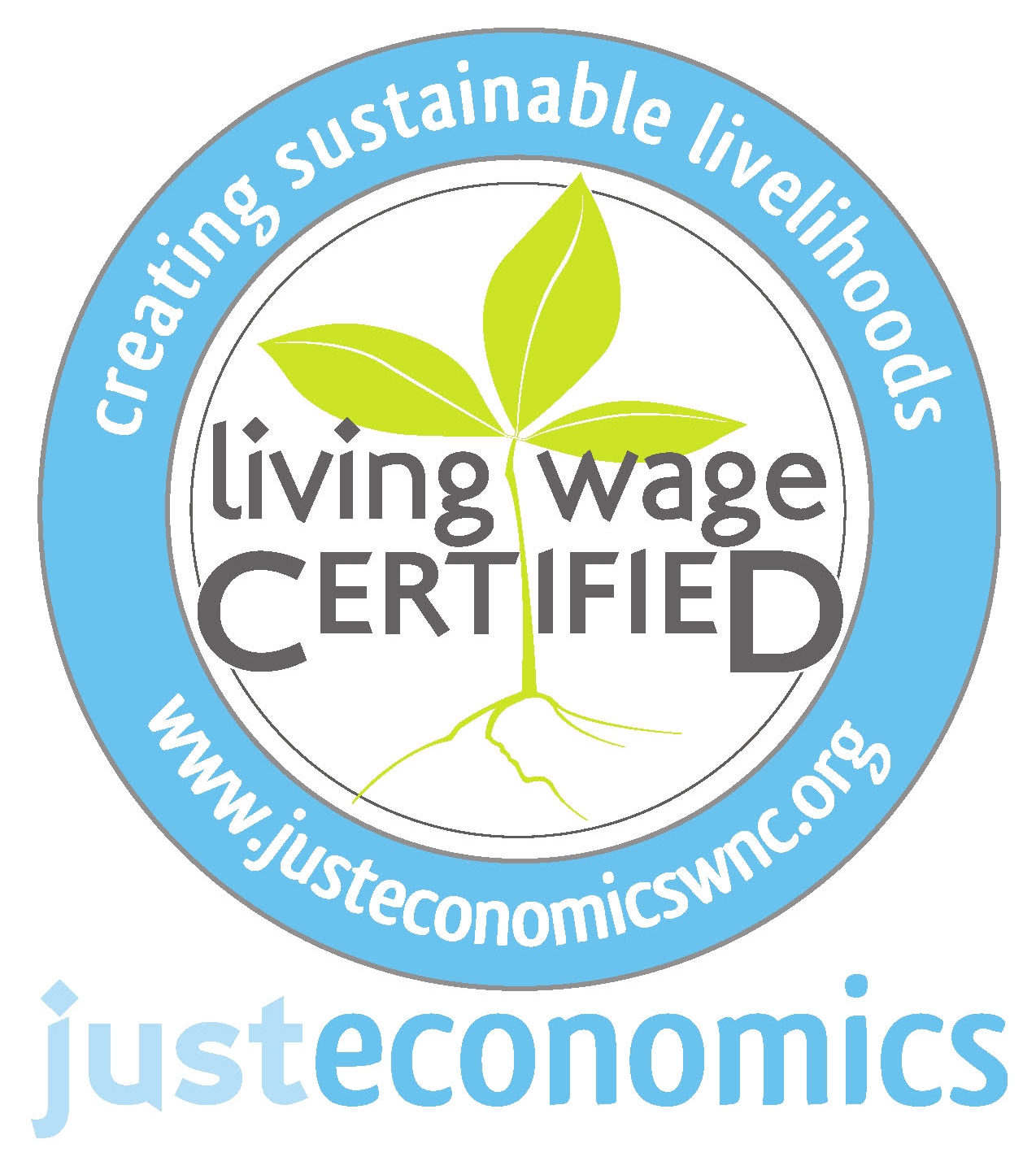our approach
We start with the Community Health Assessment to help us identify the most pressing health needs in our community. From there we bring together community partners to design and implement health initiatives tailored to our community and its specific needs. We strongly believe this multi-disciplinary approach is the only way we can effect real change at the individual, community, and systems levels.
For more than 20 years we’ve remained faithful to our mission of improving the health of children and families in a collaborative, community-based way.
our mission
Partners Aligned Toward Health brings people together to identify and address community needs to improve the health and well-being of children and families.
our vision
Vibrant, connected communities of healthy children and families.
our core values
-
We value all children and all families.
- We value the brilliance and inherent strengths of our community.
- We value collaboration, and we believe it is key to community change.
- We believe in empowering individuals to make healthy decisions.
- We believe strategic, systemic change is essential to support sustainable, healthy communities.
- We believe proactive, preventative approaches lead to benefits for lifelong health and well-being.
- We believe intentional flexibility allows us to be responsive to emerging needs.
- We believe diversity strengthens our communities.
- We believe in stewardship of our community resources.
- We believe our staff deserve support, professional development opportunities, competitive salaries and benefits, and a positive work environment.

commitment to equitable partnerships
Partners Aligned Toward Health brings together people and organizations to work toward common goals. We use a collaborative, ground-up approach to improving the health and well-being of our community. While PATH is an acronym, the name PATH itself is a message. It communicates the idea of bringing together partners who are all on the same journey toward the goal of vibrant communities of active, healthy children and families. Because we believe collaboration brings about community change, we are committed to showing up as an equitable partner in all that we do.
What does ‘equitable partnership’ mean to PATH?
- Partners provide mutual benefit through sharing resources, workload, knowledge, or expertise.
- Partners share credit for successes and accomplishments and publicly recognize each other’s contributions to the partnership.
- Partners work together using agreed upon guidelines and principles and have a shared understanding of, and shared accountability for the work.
- There is “room at the table” for everyone. All voices are engaged in the process, we are listening and paying attention, and all individuals and organizations are respected and heard.
- Power is shared by partners, especially as it relates to decision-making methods.
Based on this definition, PATH staff commit to:
- Setting and holding an expectation that equitable partnerships do not have a fixed and finite definition, and that imperfection, evolution, and growth is a part of the process.
- Creating a shared understanding of the role and purpose of the partnership and how each partner benefits from the collaboration.
- Genuine shared ownership and joint responsibility for the work and be willing to adjust responsibilities if justified.
- Intentionally acknowledging the skills, knowledge, and expertise of all partners involved to elevate strengths.
- Building relationships and trust through honest and transparent communication and speaking up when topics need to be addressed.
- Honoring honesty and transparency around the needs and priorities of all partners involved (financial, staffing, programmatic, evaluation, etc.).
- Taking the time to work through conflict with an understanding that it is inevitable, explore the root cause and framework, to give and receive feedback, and creating intentional time for reflection on what needs attention to improve the partnership.
- Measuring what matters by establishing ways to measure the success of the partnership, the impact of our work, and how we work together.
- Being proactive around planning, communication, coordination, and transparency of programmatic execution and grants/funding. This means planning in advance whenever possible, to avoid time-sensitive or last-minute scramble.
- Showing up for others with needs both directly and indirectly related to the partnership and the work of the partner organization.
- Serving the community through active community engagement, allowing the community to inform PATH on the needs and how to go about addressing those needs.
